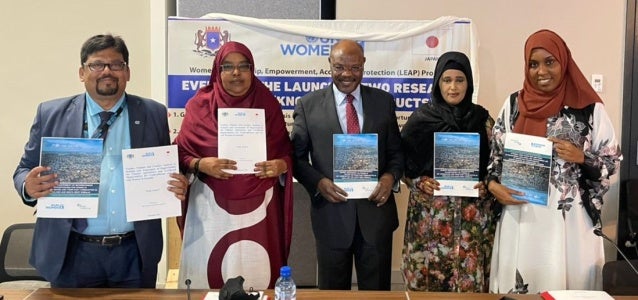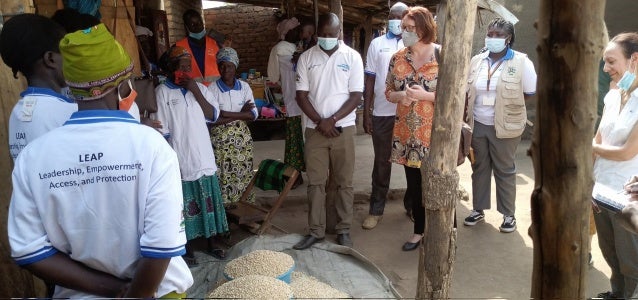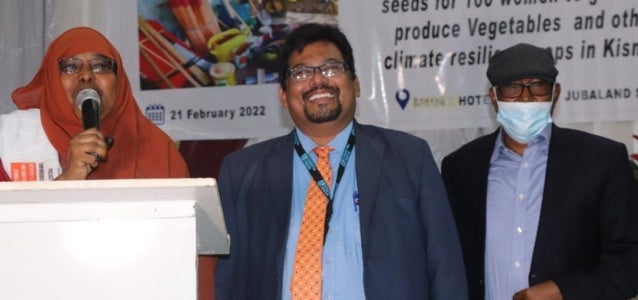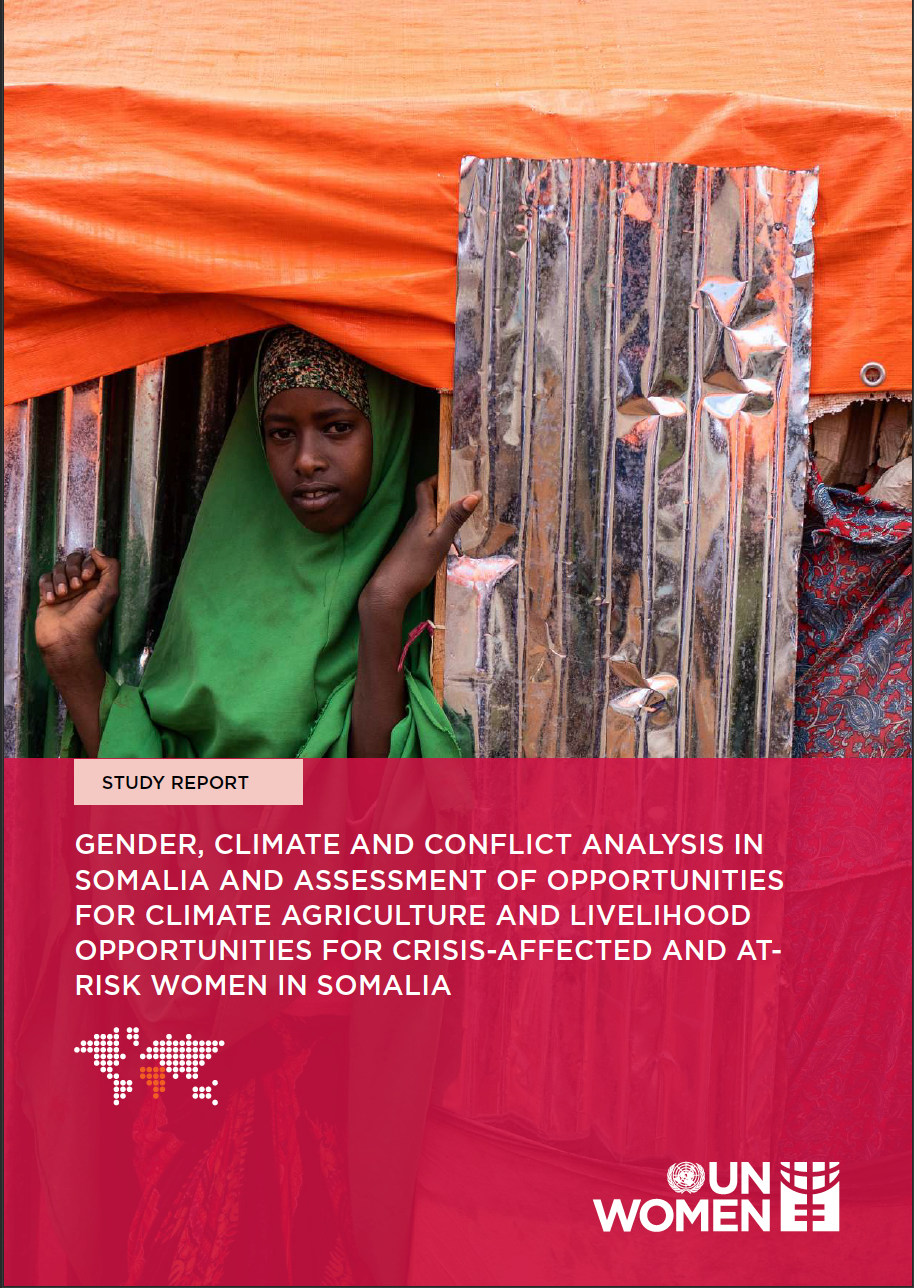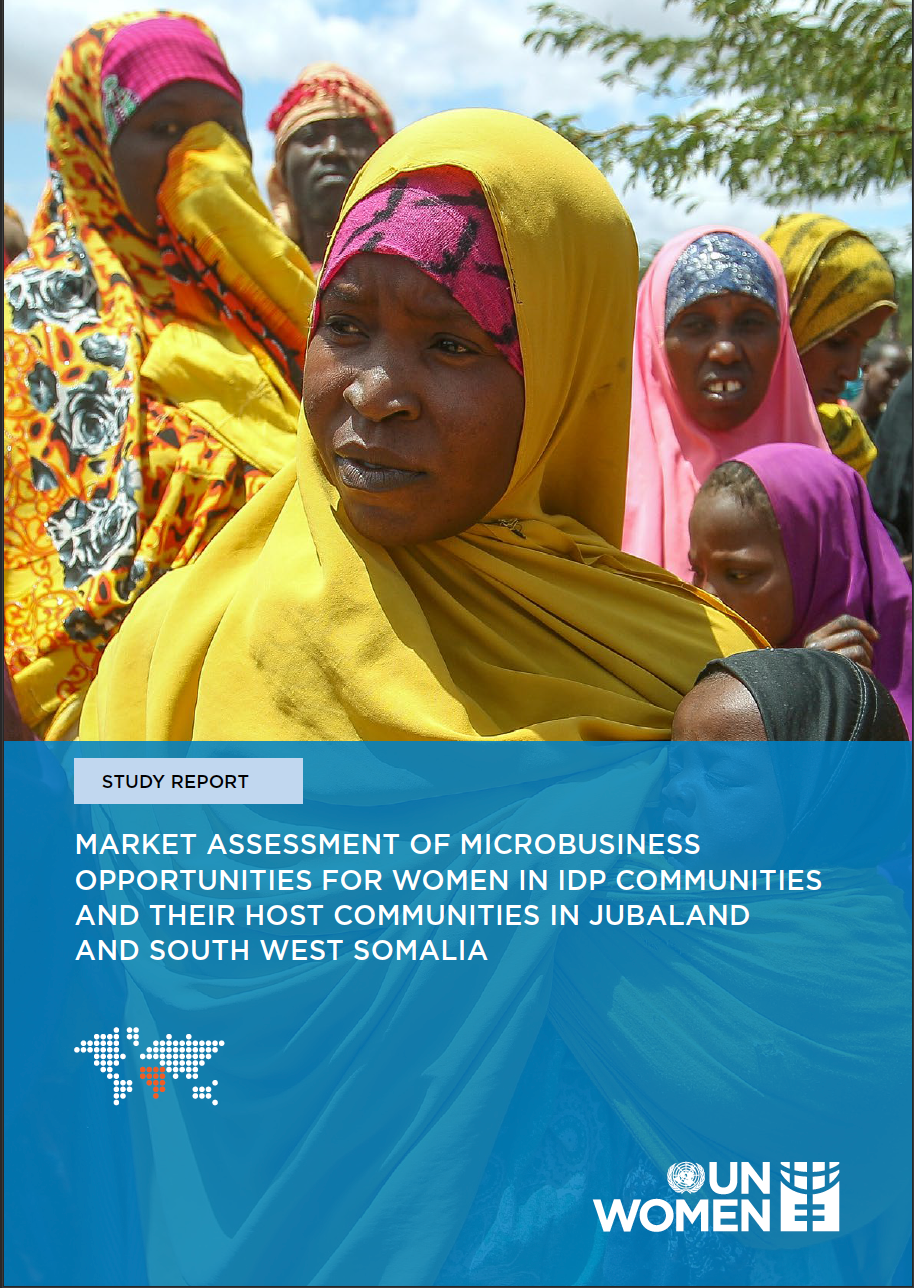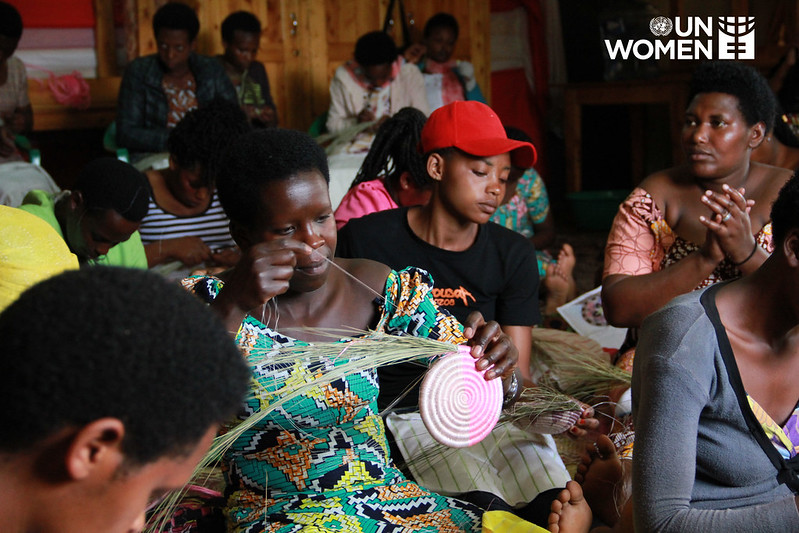
Humanitarian Action
Overview

Pre-existing gender-based discrimination and inequalities exacerbate the impact of crises on women and girls as inequality tends to worsen in humanitarian situations. Vulnerabilities such as disability, women-headed households, young women, adolescent girls, older women, and women belonging to indigenous and minority or marginalized groups, can deepen how people are affected and how they recover.
Women and girls are not helpless victims. Humanitarian efforts must recognize the fact that women and girls—like men and boys—have much to contribute in preparing for, and responding to, crises. Women must be included in decision-making about the forms of assistance and protection they need. Humanitarian action can also present opportunities for new and more progressive gender roles and relationships to emerge.
In East and Southern Africa incidences of drought, food insecurity, floods/cyclones, increasing fragility, and desert locusts have affected millions of people, particularly those in marginal areas, displaced into IDPs and refugee camps. Current estimates by humanitarian stakeholders (April 2022) indicate that a total of 33 million people are classified as food insecure (Phase 2), while over 21 million are in crisis mode and in need of humanitarian assistance. The situation is being worsened by skyrocketing food prices due to global shocks including the war in Ukraine. This region is home to over 5 million refugees and asylum seekers and 14 million internally displaced people. COVID- 19 continues to affect millions of people across the region, especially those that lost their sources of income and livelihoods.
Engendering DRR and Humanitarian Planning, Response, and Recovery Frameworks
We are engendering disaster risk reduction (DRR) and humanitarian planning, response, and recovery frameworks at regional and national levels. This includes integrating gender into humanitarian needs overviews, response plans (Somalia, South Sudan, Sudan), disaster risk management policies and strategies (Kenya), the Intergovernmental Authority on Development regional resilience framework, and others.
We carry out capacity development of stakeholders on Gender in Humanitarian Action (GiHA) targeting UN Women staff, UN entities, humanitarian country teams, international non-governmental organizations, women’s organizations, and government representatives.
There is advocacy and production of knowledge products and tools such as the GiHA pocket guide, a training manual on women’s participation and leadership in humanitarian action, and a Gender Mainstreaming Guideline for Sendai Framework for Disaster Risk Reduction. Regional level advocacy includes forums such as the African Union Africa Regional Platform for DRR that brings together policymakers and practitioners in DRR and where commitments are made by Member States Ministers.
Women's Leadership, Empowerment, Access and Protection (LEAP)
Disasters affect women more owing to a multiplicity of factors including access to resources (land, credit, technology) as well as loss of livelihoods. COVID-19 threatens to erode gains made on empowerment of women. To build sustainable resilience among affected populations in Uganda and Somalia through the Japanese-funded Leadership, Empowerment Access and Protection Program, UN Women is supporting over 7,000 women refugees and host community members access diverse livelihood opportunities such as credit facilities. Beneficiaries are able to meet their household and basic personal needs.
